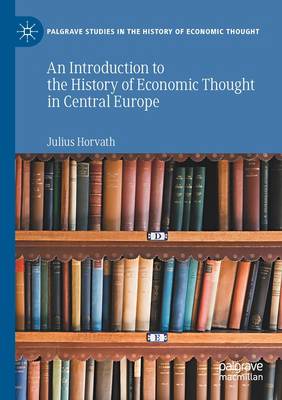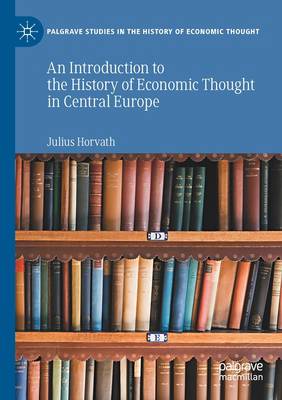
- Retrait gratuit dans votre magasin Club
- 7.000.000 titres dans notre catalogue
- Payer en toute sécurité
- Toujours un magasin près de chez vous
- Retrait gratuit dans votre magasin Club
- 7.000.0000 titres dans notre catalogue
- Payer en toute sécurité
- Toujours un magasin près de chez vous
An Introduction to the History of Economic Thought in Central Europe
Julius Horvath
105,45 €
+ 210 points
Format
Description
This book addresses the comparative history of economic thought in Central European countries where there is a notable common historic heritage and political traits. The author explores issues of Central European identity, Habsburgian and Soviet influence, and nationalistic traditions, and reveals commonalities between Czech, Hungarian, Polish and Slovak economic thought: such similarities proceed to explain aspects of contemporary economic and social policies in these countries.
This book aims to highlight connections among Central European economists and will be of interest to economists, economic historians, sociologists and historians.
Spécifications
Parties prenantes
- Auteur(s) :
- Editeur:
Contenu
- Nombre de pages :
- 197
- Langue:
- Anglais
- Collection :
Caractéristiques
- EAN:
- 9783030589288
- Date de parution :
- 13-12-21
- Format:
- Livre broché
- Format numérique:
- Trade paperback (VS)
- Dimensions :
- 148 mm x 210 mm
- Poids :
- 276 g

Les avis
Nous publions uniquement les avis qui respectent les conditions requises. Consultez nos conditions pour les avis.






